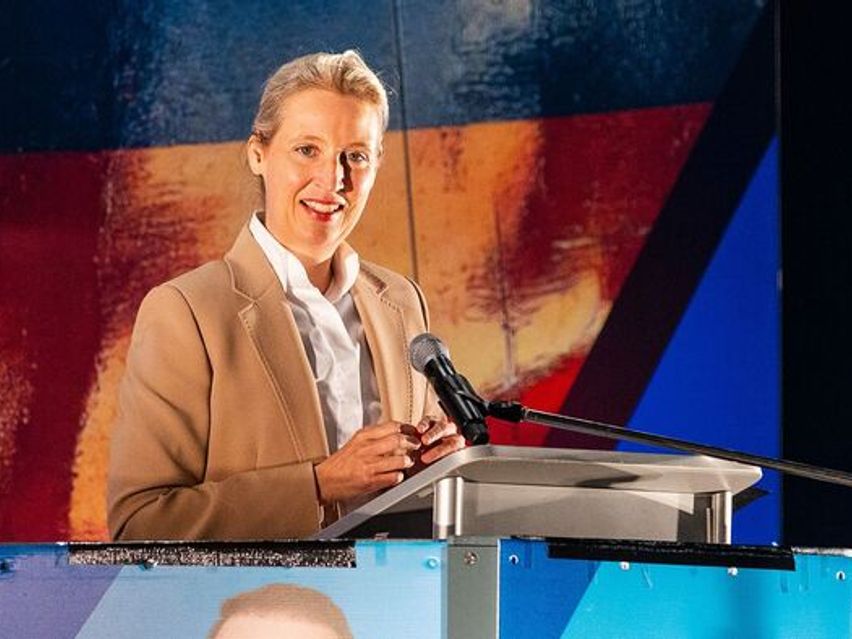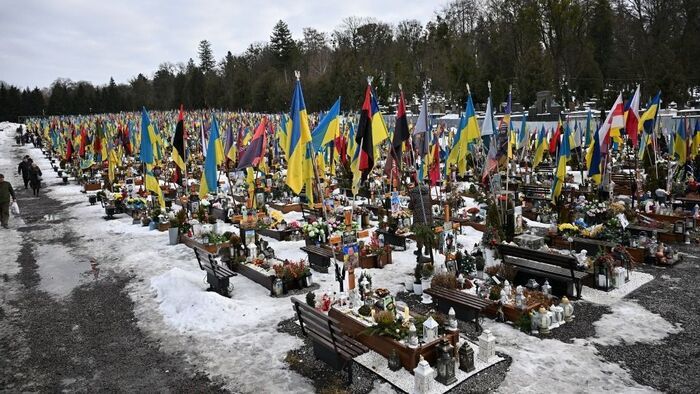Last year at this time, the first reports emerged that the Commission would consolidate all EU funds into a single plan with common implementation rules. What has happened since then?
- In the time since, agricultural organizations have continuously protested against this proposal, and even the European Parliament has taken a stand in favor of an independent CAP. Hungary has expressed its opinion on this matter very firmly. Early on, we drew the attention of the member states to the fact that this was a self-destructive idea that would devastate Europe’s farmers, rural communities, and food sovereignty—undermining hard-won achievements in sustainable farming. Last December, during Hungary’s EU presidency, agriculture ministers unanimously confirmed that we must preserve the independent, two-pillar CAP. Yet Brussels ignored farmers’ protests, ignored the European Parliament, and ignored the clear opposition of member states most affected.

What does the new EU budget draft hold for Hungary?
– The amount proposed for our country after 2027 would be about 21% lower than the current level. If we adjust this for inflation, the situation is even more discouraging. And while they would reduce support for Hungarian farmers, they would at the same time significantly increase the duty-free import of Ukrainian agricultural products. This is a double blow: on the one hand, resources would be taken away, and on the other, the EU market would be flooded with cheap imports, which could ruin many farmers. Brussels is doing all this for the sake of war expenditures and financing Ukraine. In addition to the shrinking budget, from 2028 the distribution method would also change. Not only would they abolish the two-pillar subsidy structure, but by merging the funds they would force member states’ various sectoral policies to compete against each other for resources. This would create a very unfavorable situation for every sector of the national economy. It underestimates the strategic importance of agriculture—a fatal mistake.
























Szóljon hozzá!
Jelenleg csak a hozzászólások egy kis részét látja. Hozzászóláshoz és a további kommentek megtekintéséhez lépjen be, vagy regisztráljon!